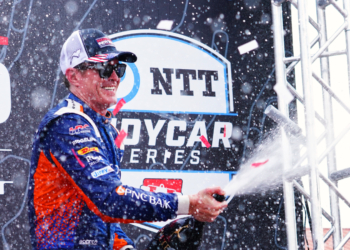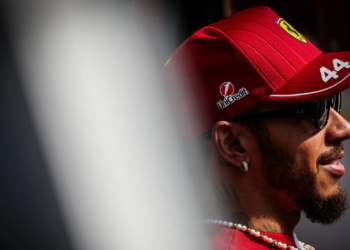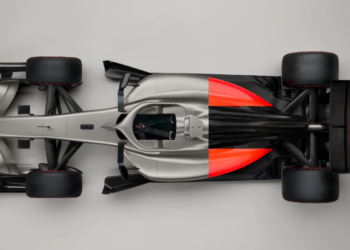With WRC Promoter GmbH (WRCP) seemingly intent on intent on increasing the annual roster of top level rallies to 16 per season, something will have to give and two-day events are increasingly a possibility according to series boss Oliver Ciesla.
It wouldn't be the first time the WRC has featured 16 rounds before, in fact from 2004 to 2007 it did just that. But the calendar was then cut back because the financial and logistical burden on teams was too much. But Ciesla now says that trimming events from the current three-day length could solve the problem.
"We do not exclude shortening the rallies, but I see it in the bigger strategic context with 14, 15 or 16 rallies," he said. "If we are talking about shortening one or two rallies, it wouldn't make much difference. But if we shorten them all then this can save 15 or 16 times one day – that's more than two weeks in hotel fees over the year. Then we are talking."
The current series was due to increase to 14 events in 2016, but when China embarrassingly pulled out at the last minute, that aim was abandoned. The target for 2018 was again 14 rounds but with Poland being dropped and Turkey returning it has remained at just 13.
A two-day format would be hugely unpopular with hard-line rally fans who would surely see it as a betrayal of the championship. But whatever we say, current WRC rallies are, in effect, only a two and a half day fixture, with no more than three or four short stages running on a Sunday morning with it all being decided by lunchtime.
And some WRC events have apparently already indicated they would like to run a two-day format in 2018. Ciesla said he was not against that, but it would be dealt with on a rally-by-rally basis.
He also added that another asphalt event in Europe was not high on his agenda: "Building the calendar is a portfolio,” he explained. “I don't need 13 Tarmac rallies in Europe and I don't need 13 times ‘heritage’. With Monte Carlo, with Rally GB and Finland, the calendar is not short of heritage. And the calendar is not short of Tarmac in Europe."







Discussion about this post